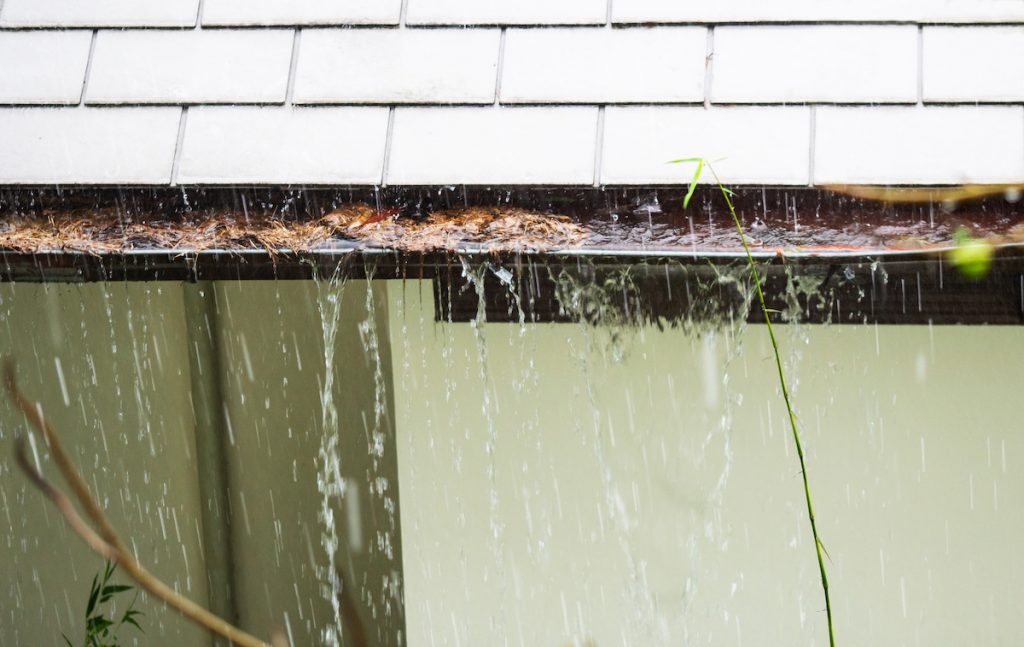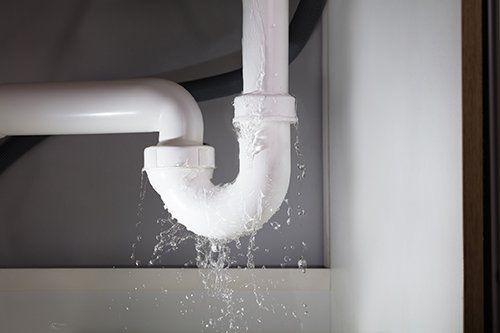Your Residential Common Common Triggers of Leak Problems: Detailed Examination
Your Residential Common Common Triggers of Leak Problems: Detailed Examination
Blog Article
We've come across the article involving Common Water Leaks In House down the page on the internet and reckoned it made good sense to write about it with you here.

Leakages not just create waste of water yet can additionally trigger unnecessary damage to your residence and also advertise undesirable organic development. Regrettably, water leakages may go unnoticed given that most of the pipework in our residence is concealed. By understanding and also looking for daily situations that trigger leaks, you can protect your residence from future leaks and unneeded damages. Today, we will look at 6 leakage causes that may be creating your pipelines to drip.
Instantaneous temperature adjustments.
Extreme temperature adjustments in our pipes can create them to increase as well as get unexpectedly. This growth and also contraction might cause fractures in the pipes, specifically if the temperature are below cold.
Rusty water systems
As time passes by, your plumbing system ages and also corrosion such as rust might start eating away the pipelines. This could be the reason for staining or bending on your water pipes. This calls for an assessment with your plumber immediately. Think about changing the pipelines given that they are at a higher risk of rust than the more recent models if our plumbing system is old.
Faulty Pipe Joints
Pipe joints can deteriorate over time, resulting in water leaks. If you have loud pipelines that make ticking or banging sounds, particularly when the hot water is turned on, your pipe joints are probably under a lot of stress.
Elbowing in origins
A lot of water leaks begin outside your house as opposed to inside it. If you observe an unexpected decrease in water pressure, claim in your faucet, take some time to head out and also examine your backyard. You could observe wet patches or sinkholes in your backyard, and that might suggest that tree origins are getting into water lines causing water to seep out. You can have your plumber look for breach, particularly if you have trees or shrubs near your building.
Poor Water Connectors
At times, a leak can be created by loose pipes and pipelines that provide your home appliances. In instance of a water connections leakage, you might discover water running straight from the supply line or puddles around your home appliances.
Obstructed Drains
Clogged drains pipes could be bothersome as well as inconveniencing, yet they can in some cases end up triggering an overflow leading to rupture pipelines. Maintain removing any type of products that might decrease your drains that might obstruct them to avoid such hassles.
All the above are sources of leakages but not all water leaks arise from plumbing leakages; some leaks may originate from roof leaks. All leaks must be repaired right away to stay clear of water damages.
Leaks not just trigger waste of water yet can also trigger unneeded damages to your residence and promote unwanted organic growth. By looking as well as comprehending for day-to-day scenarios that create leakages, you can safeguard your house from future leakages as well as unneeded damages. Today, we will certainly look at 6 leakage triggers that might be creating your pipelines to trickle.
At times, a leakage can be created by loosened pipes and also pipelines that supply your devices. In case of a water connections leakage, you might see water running straight from the supply line or puddles around your appliances.
How To Check For Water Leak In Your Home
How To Check for Leaks
The average household's leaks can account for nearly 10,000 gallons of water wasted every year and ten percent of homes have leaks that waste 90 gallons or more per day. Common types of leaks found in the home are worn toilet flappers, dripping faucets, and other leaking valves. These types of leaks are often easy to fix, requiring only a few tools and hardware that can pay for themselves in water savings. Fixing easily corrected household water leaks can save homeowners about 10 percent on their water bills.
To check for leaks in your home, you first need to determine whether you're wasting water and then identify the source of the leak. Here are some tips for finding leaks:
Take a look at your water usage during a colder month, such as January or February. If a family of four exceeds 12,000 gallons per month, there are serious leaks.
Check your water meter before and after a two-hour period when no water is being used. If the meter changes at all, you probably have a leak.
Identify toilet leaks by placing a drop of food coloring in the toilet tank. If any color shows up in the bowl after 10 minutes, you have a leak. (Be sure to flush immediately after the experiment to avoid staining the tank.)
Examine faucet gaskets and pipe fittings for any water on the outside of the pipe to check for surface leaks.
Undetected water leaks can happen without the home or business owner even realizing. If you suspect a water leak, but not able to find the source. It is time to contact a professional water leak detection service, The Leak Doctor.
How To Find a Water Leak In Your Home
https://www.leakdoctor.com/blog/How-To-Check-For-Water-Leak-In-Your-Home_AE197.html

I am just very interested by How to detect water leaks in your home and I am hoping you appreciated the new page. Sharing is caring. Helping others is fun. We treasure reading our article about How Fast Water Damage Can Ruin Your Home.
Ensure top-quality plumbing repairs. Report this page